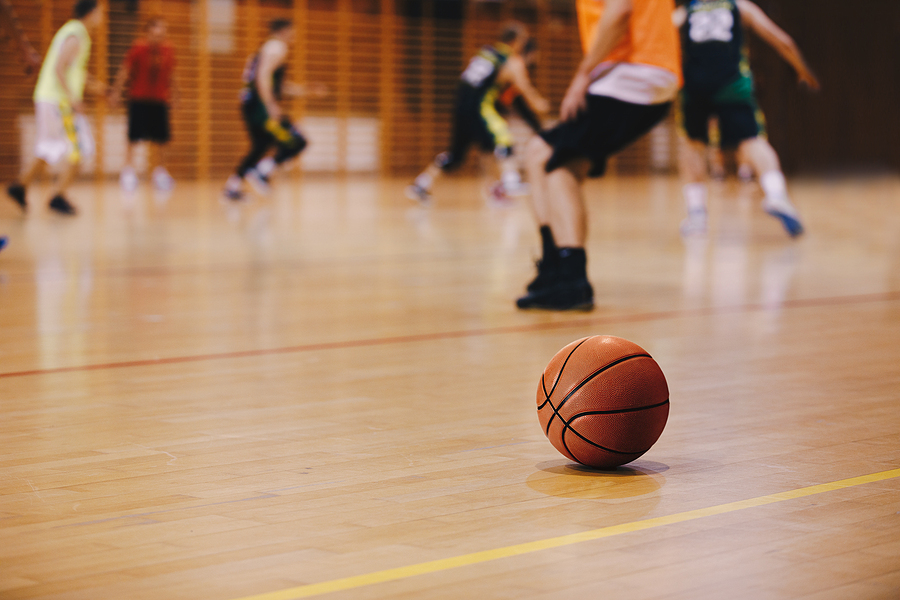Sports and TBIs - Can I Sue?
- Details

Sports injuries are commonplace. Whether you experienced a sports injury yourself or your child has been injured while playing organized sports in school you may be wondering if you have any legal recourse. When it comes to Traumatic Brain Injuries (TBIs) the scenario is complicated. A TBI is a common injury for many who participate in football, boxing, basketball and a number of other sports. TBIs happen when someone injures their brain, like a concussion, and can have lasting lifelong effects. Here’s what we know about sport-related claims and TBIs.
Legal Recourse, Sports, and Brain Injuries
Unlike when you injure yourself at work, signing up to play sports carries a certain amount of risk for which you must take responsibility. If your child plays for a school team, or you did, and were injured, you may not have grounds to sue.
Schools send home forms and paperwork that absolve the school of liability if your child should be injured during the course of play. Such injuries are common, and public and private schools are both very careful to transfer the responsibility for these injuries to the parents. Think about it, if a school was sued every time a child came home with a knee or ankle injury, they wouldn’t be allowed to have sports at all.
In legal terms, this is known as “assumption of risk.”
When you play a sport, you must assume a certain level of responsibility. This is different from being diagnosed with a TBI after a car or work accident. In those cases, where an injury is not at all your fault, you can sue the responsible party. Before you play a sport, you already know there is the risk of becoming injured. There are no guarantees for your safety, nor is it on the school, teams, or coaches to take responsibility for your injuries.
However, there are certain scenarios that are considered to be outside of the “assumption of risk.” For example, you may sue if you or your child was injured intentionally by another player. If other players are being reckless and the coaching staff does not stop them and someone is injured, that may need to be settled legally. Negligent coaching is another situation where you may have a legal case against the school. Lastly, the most common type of case is product liability, where a company can be sued for providing faulty equipment.
What To Do If Your Child is Injured While Playing Sports
Though not every situation can be rectified legally, you should still take all the necessary precautions in case there are grounds to sue. Always accept medical care on the scene, and allow your child to be taken to a hospital. Ask for paperwork, charts, diagnosis, and any documentation from this time. You may want to speak to a lawyer before you speak to the insurance company.
The thing about TBIs is that they develop over time - a doctor can’t diagnose one on the spot. A medical team can diagnose a concussion, but TBIs are a result of repeated concussions, or a particularly bad hit to the brain. It may take days, weeks, or even years before a TBI is recognized.
If you’ve been diagnosed with a TBI, call the Alexander Law Group, PLC, at 804-271-1969 and speak to an expert about your case. Every scenario is different, so you need a licensed and experienced lawyer to look at all the details in order to decide whether this is a case worth pursuing.





